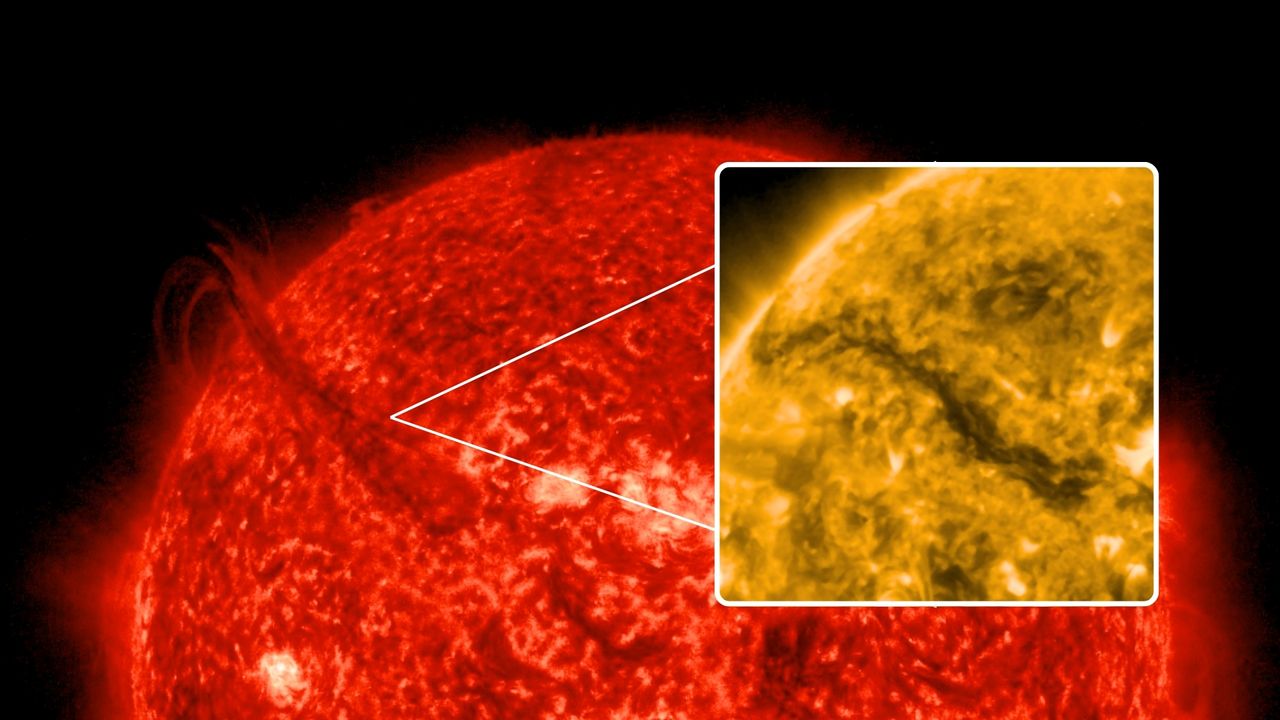Colossal eruption carves 250,000-mile-long 'canyon of fire' into the sun (video)

Astronomers celebrate groundbreaking discoveries, from witnessing the birth of a solar system to spotting an unusual black hole in the Infinity Galaxy, expanding our understanding of cosmic beginnings and mysteries.

All major sources, one page
Feel the mood behind headlines
Know what’s trending, globally
Get summaries. Save time
8,747
125
204
3 hours ago
Stay sharp in 60 seconds. Get concise summaries of today’s biggest stories — markets, tech, sports, and more
All major sources, one page
Feel the mood behind headlines
Know what’s trending, globally
Get summaries. Save time
8,747
125
204
3 hours ago
Stay sharp in 60 seconds. Get concise summaries of today’s biggest stories — markets, tech, sports, and more